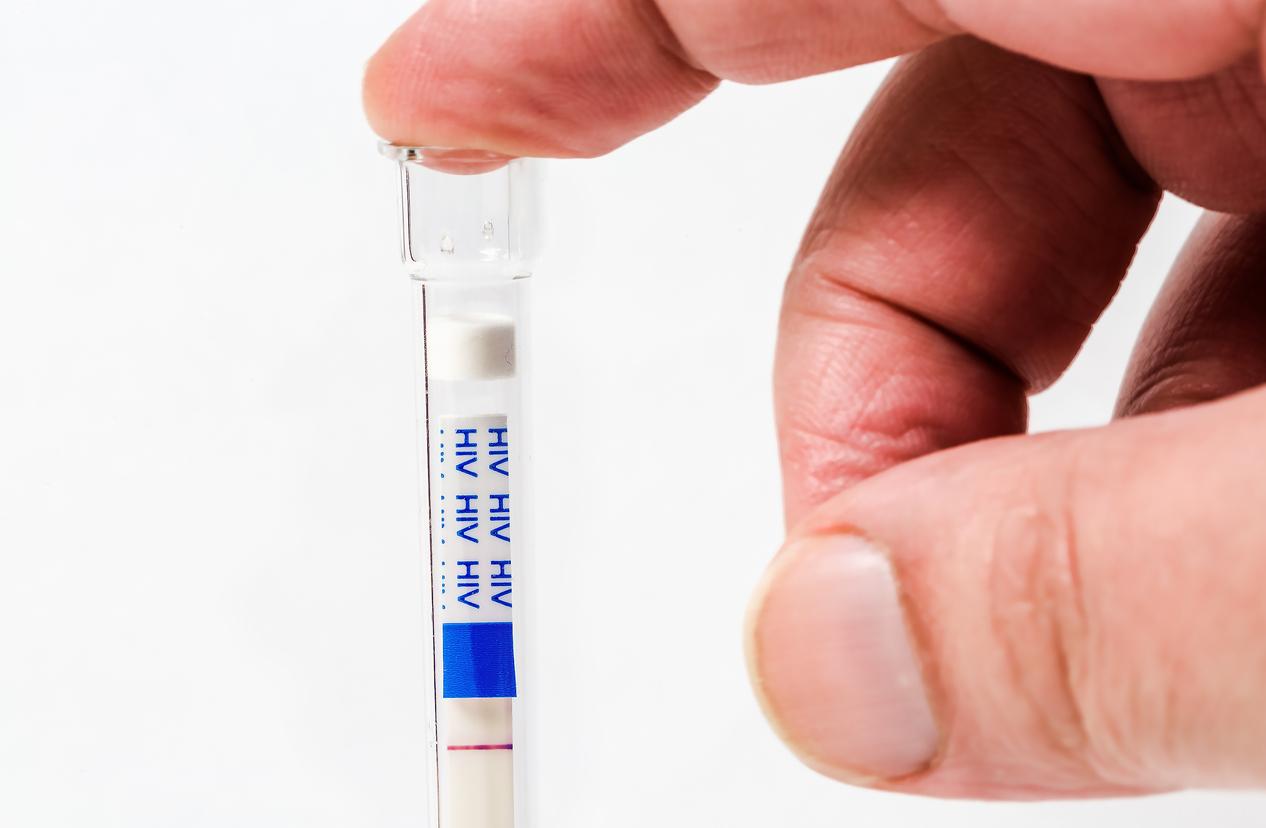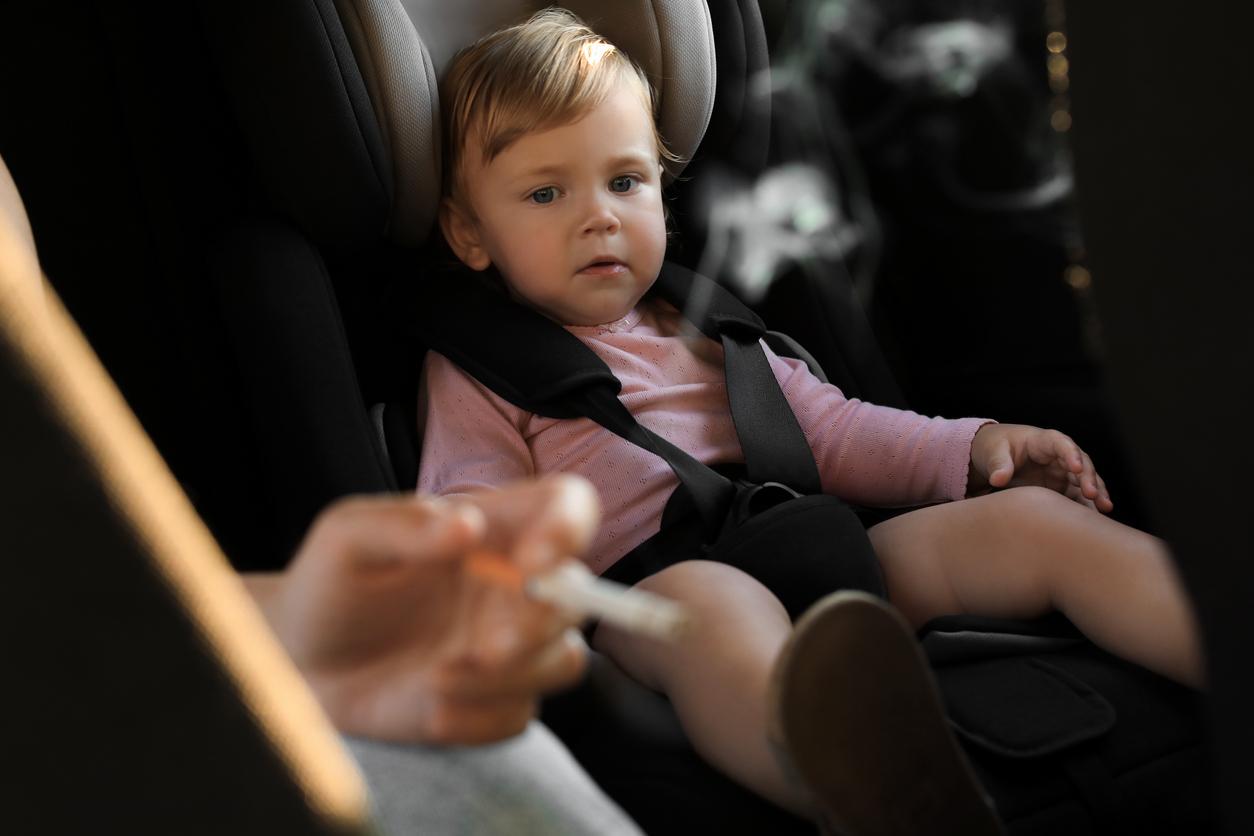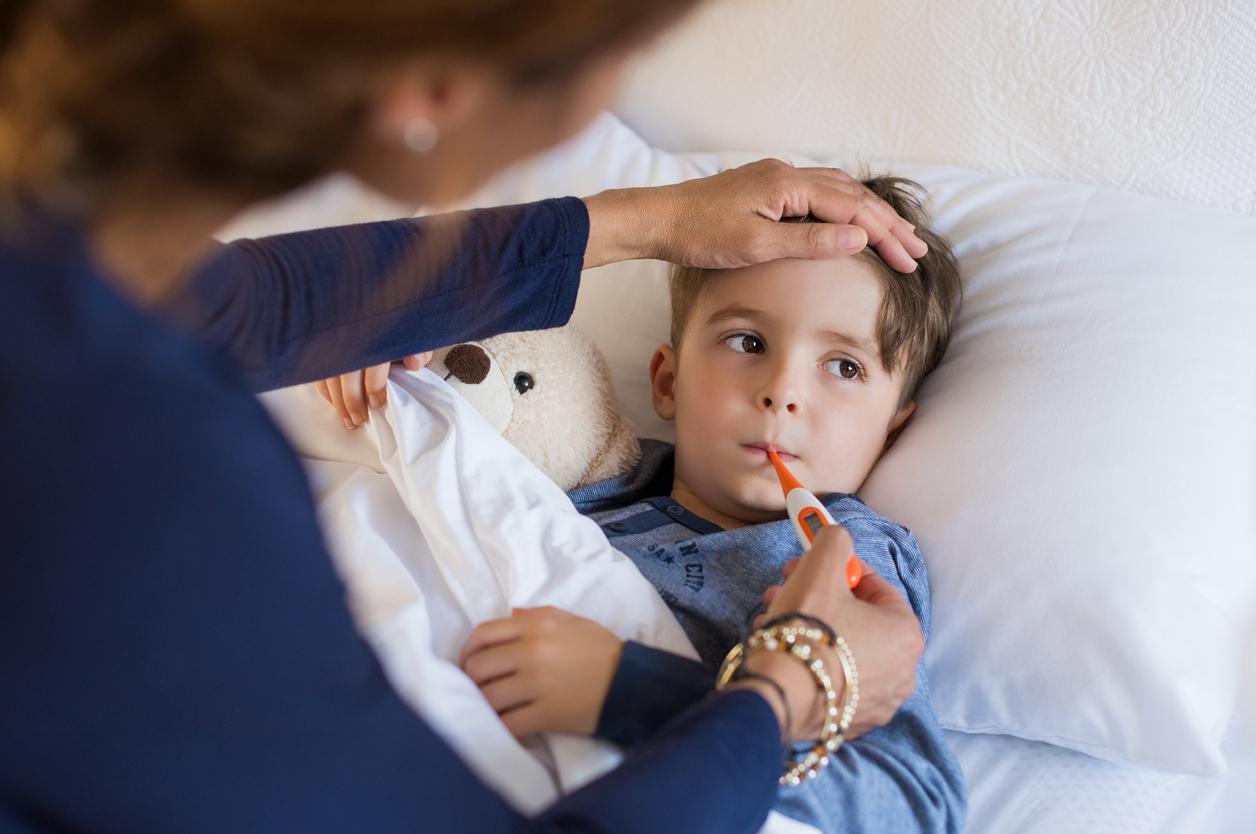Millions of children have lost their parents to AIDS around the world, especially in sub-Saharan Africa. This World Day of “AIDS orphans” on May 7 gives us the opportunity, if needed, to talk about these forgotten children.

Every 15 seconds in the world, a child loses his father or his mother to AIDS. According to Unicefthere are 17.8 million “children orphaned by AIDS” on the planet.
Children orphaned by AIDS in Sub-Saharan Africa
Among these orphans, 95% of these children are from sub-Saharan Africa, where 25.5 million people are infected. More than half of them are unaware that they are HIV-positive, in particular because of the lack of screening tests, which prevents early treatment when possible.
Women are more at risk than men of being infected with HIV during unprotected heterosexual intercourse, in particular because of the fragility of the vaginal mucosa. In Africa sub-Saharan, they are often not in a position to insist on wearing a condom and are sometimes victims of forced intercourse, which increases the risk of transmission of the virus, including to the fetus. Of them million children under the age of 15 are living with HIV or AIDS. In 90% of cases, they are born to a mother who is herself HIV positive.
Isolation, discrimination and malnutrition
It is essential to reintegrate these children into society, in particular so that they are not left on their own and do not find refuge in delinquency, prostitution or drugs. Already weakened and losing their bearings, they are often cared for by other members of the family as is the African tradition and sometimes suffer from isolation and discrimination, especially when they themselves are HIV-positive.
The placement of children tears siblings and represents for some families already in a precarious situation, an additional financial burden. It is not uncommon for the child in care to suffer from malnutrition or for their basic needs to be not fully met (access to care, clothing, schooling, etc.).
“AIDS orphans, as well as all children affected and/or infected by the virus, are among the most vulnerable children on the planet. They are a reflection of millions of orphans from other causes and millions of street children, adrift of civilization”declared Albina du Boisrouvray, president of the Association Francois-Xavier Bagnoud (AFXB) which fights against poverty, AIDS and supports “the orphans and vulnerable children the pandemic leaves in its wake by advocating for their basic rights and offering comprehensive support to the families and communities that care for them.”
“She tried to hold on for us”
Emmanuel, 9 years old, is one of the 11% of “children orphaned by AIDS” in Sierra Leone, his mother having succumbed to the virus a few months after the death of his father. Today, the little boy lives alone with his big sister Mabel, 16. “When our mother knew she was doomed, she tried to hold on for ussays the girl to Unicef. She knew we had no family to take care of us, take care of us, after her…” Forced to support the family, Mabel left school to work and fears that her little brother will soon be forced to follow the same path.
In Burma, Pho Cho lost both parents of AIDS and now lives with his grandmother, who despite her age, has to support her grandson. Both joined an association called Ratana Meta, one of the projects supported by Unicef. There, HIV-positive adults and children can express themselves freely about the discrimination they experience and receive psychological support. Despite everything, caring for these “children orphaned by AIDS” remains a major humanitarian challenge.
.

















